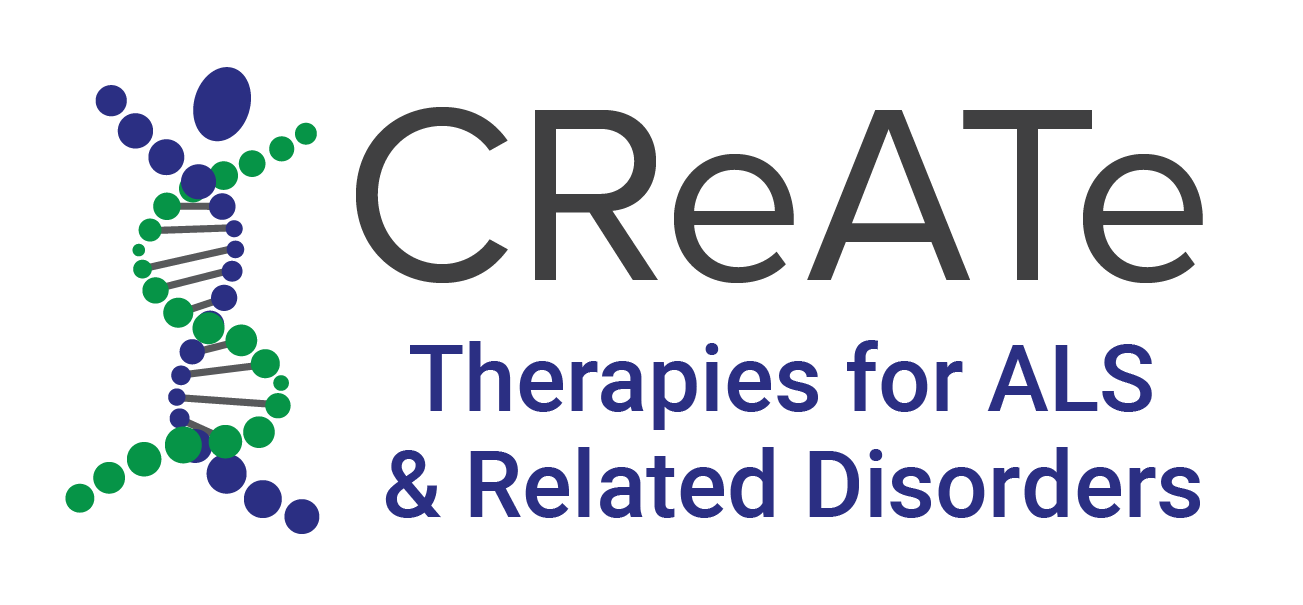Study Summary
ALS is a disease that causes muscle loss, paralysis (inability to move), and eventually death. The average ALS patient lives 3 to 5 years after diagnosis. There are few treatments for ALS.
The immune system is how the body fights off infection and disease. Cells called innate lymphoid cells (ILCs) are part of the human immune system. Some ALS patients have unusually high levels of ILCs.
We want to find out how ILCs work in ALS patients. We also want to know if a person’s ILCs make their ALS worse over time. We hope what we learn in this study will lead to new ALS treatments.
For Diseases
- Amyotrophic lateral sclerosis (ALS)
Background
The immune system plays an important key role in ALS. The immune system responds to ALS in two different ways. The first response seems to be helpful, but the second response may be harmful as ALS gets worse.
ILCs might contribute to the helpful ALS response. But a very high ILC level might eventually lead to the harmful ALS response.
We will look at ILCs in ALS patients for one year. We will try to determine when their ILC levels begin to increase. We will also try to find out if ILCs are more active in ALS patients than in people without ALS.
About This Study
If you decide to be in this study, we will visit you every month for a year. At each visit, we will use a needle to take about 2 teaspoons of blood from your vein. We will also call you on the phone every month to ask you about your health. You will be asked to give your informed consent to participate. The informed consent process allows you to ask questions about the study to make sure you understand what is going to happen to you.
Enrollment Criteria
You may be able to take part in this study if you:
- are at least 18 years old
- have been diagnosed with ALS by a doctor
- can speak and understand English
- are able to communicate, both in person and over the phone
- are able to make your own medical and research decisions or provide your informed consent
- live within 1 hour of the University of Michigan
You cannot take part if you:
- are unable to make your own medical and research decisions
- have difficulty thinking or understanding, due to
- dementia
- a neurological disorder
- a psychiatric disorder
- have a medical condition that would interfere with your participation
- have a history of any disease of the immune system
- have taken any of the following drugs within the past year
- prednisone
- IVIG
- immunosuppression (drugs that affect the immune system)
- live more than 1 hour from the University of Michigan
How to Participate:
No longer recruiting participants.

